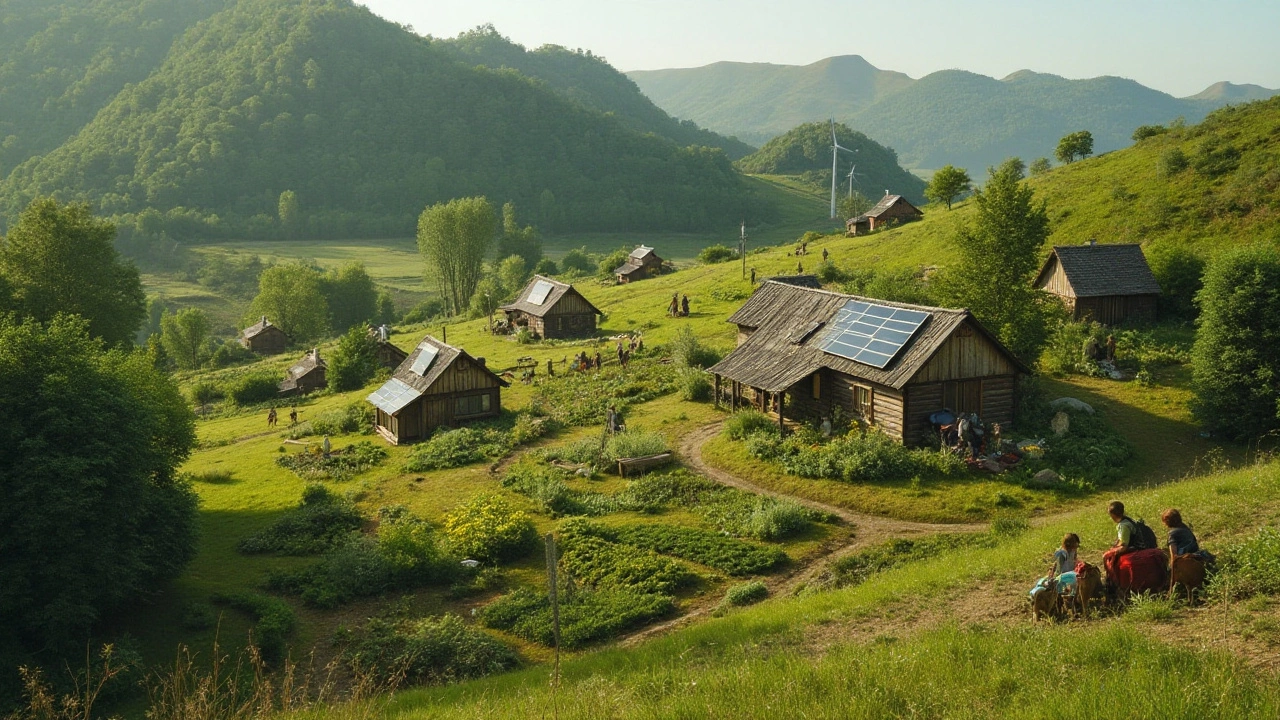UK Wild Camping: What You Need to Know Before You Pitch a Tent
If you love the idea of sleeping under the stars without paying a fee, you’ve probably heard about wild camping in the UK. It sounds simple – find a nice spot, set up, enjoy nature – but there are a few rules and common sense tips that can make the difference between a great night and a fine.
Legal basics – where can you camp?
In England and Wales the law doesn’t give a blanket right to camp anywhere. The biggest rule is the right to roam applies to walking, not to overnight stays. However, the Land Access Code says you can pitch a tent on most unenclosed land as long as you stay away from private homes, stay for one night only, and leave no trace. Scotland is different – the Land Reform (Scotland) Act 2003 actually grants a legal right to wild camp on most lands, provided you act responsibly.
Practical tips for a smooth wild camping experience
First, scope out the area on a map before you go. Look for public footpaths, woods, or farmland that isn’t fenced. Apps like OS Maps or Google Earth let you see field boundaries and any nearby houses.
Second, bring a lightweight, weather‑proof shelter. The UK can go from sunshine to rain in minutes, so a quick‑dry tarp or a small two‑person tent works best. A sleeping bag rated for 5‑10°C is usually enough if you have a good sleeping pad.
Third, follow the “Leave No Trace” principle. Pack out every piece of rubbish, bury human waste at least 15 cm deep and 60 m from water sources, and avoid breaking branches or damaging vegetation. This not only protects nature but also reduces the chance of landowners calling the police.
Fourth, respect local restrictions. Some areas, like national parks or nature reserves, have specific bans on overnight stays. If a sign says “No camping,” move on. Ignoring the sign can lead to a fine of up to £300.
Fifth, be aware of “rip camping.” This is the raw version of wild camping – you park your motorhome or set up a bivvy in a spot with no facilities and minimal impact. It’s popular in remote parts of the Yorkshire Dales or the Lake District. The key is to stay short‑term, keep noise down, and leave the site exactly as you found it.
Sixth, consider safety. Tell a friend where you’re heading, bring a fully charged phone, and have a basic first‑aid kit. If you’re camping in a forest, watch out for fallen branches and be aware of wildlife – a sturdy tent flap keeps curious badgers out.
Finally, enjoy the freedom. Wild camping gives you the chance to wake up to fresh air, hear birdsong, and watch sunrise over rolling hills. It’s a reminder that the best holidays don’t need five‑star hotels – just a good plan, the right gear, and respect for the land.
Ready to try it? Pick a spot, pack light, and follow these simple rules. You’ll soon find that UK wild camping is not only legal in many places but also an unforgettable way to explore the countryside.
